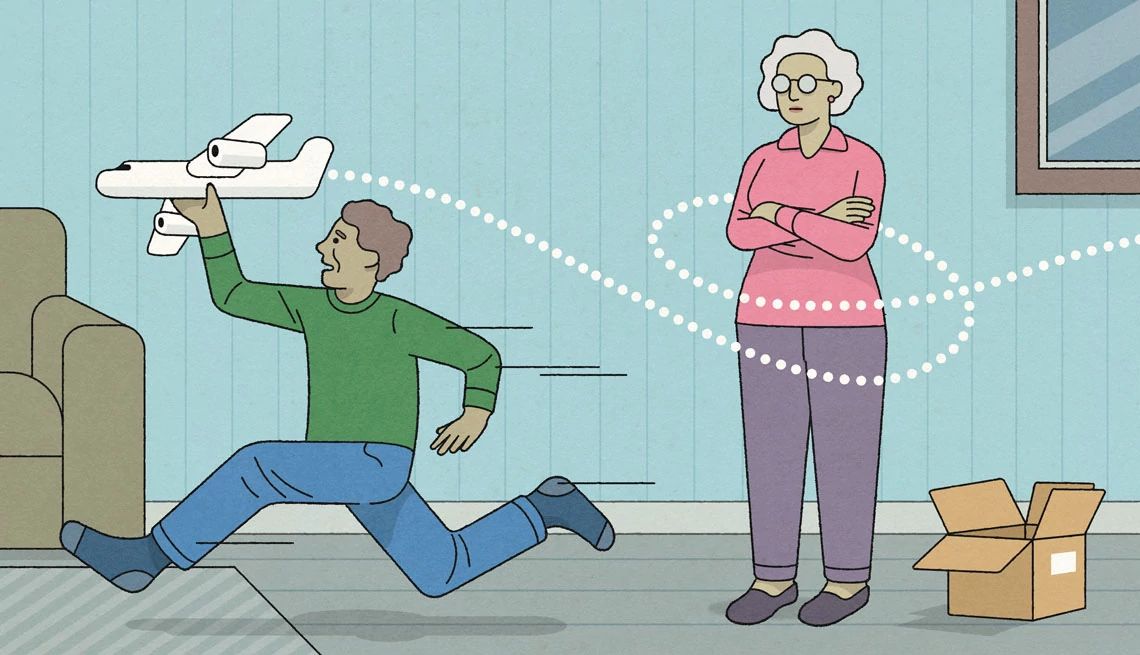AARP Hearing Center


I don’t know about you, but it seems the older I get, the more I think about my interactions with others, particularly when it comes to money and how finances shape our behaviors, perspectives and relationships. I'm also increasingly curious about the steps people can take — myself included — to nurture their relationships and resolve money disagreements before they escalate.
I know that money can be an emotionally fraught subject. That's why I’m excited to explore it here with you.


Money Manners
Lizzie Post is AARP's financial etiquette columnist. She is the great-great-granddaughter of etiquette legend Emily Post. She’s also the co-president of The Emily Post Institute, co-author of Emily Post’s Etiquette: the Centennial Edition and co-host of the Awesome Etiquette podcast.
Allow me to introduce myself. My name is Lizzie Post, and I'm a co-president and author at the Emily Post Institute, a go-to source for etiquette advice for more than 100 years. I also host a weekly etiquette Q&A podcast with my cousin and business partner, Daniel Post Senning. And I'm the great-great-granddaughter of Emily Post, the prolific etiquette columnist.
This column — Money Manners — will answer financial etiquette questions spanning a wide range of topics, from gift-giving and tipping to lending and borrowing money. Because personal finance is, well, personal, I will be taking questions anonymously.
Today, we’re starting with a question from a grandparent who is dismayed by her grandchildren's lack of appreciation.
I mail my two grandchildren birthday gifts every year, but neither of them have said thank you for the past three years in a row. The gifts aren't expensive, but I spend a lot of time finding the right one for each kid, and my feelings are hurt. Should I stop sending them birthday presents?
Gift-giving is meant to be a feel-good moment for both the giver and the recipient. And with little kids, especially grandchildren, it can be truly magical for both parties. This combination of hoping for a magic moment and having an expectation of gratitude being a part of the exchange is why it can feel so frustrating when you don't receive an acknowledgment for a gift you’ve given a grandchild. It's equally disappointing to believe that your kids aren’t teaching their children the importance of gratitude — or facilitating their expression of it.





























































You Might Also Like
I Borrowed From My 401(k) and Paid the Price
Tapping funds before retirement can have repercussionsSave at the Grocery Store With These 25 Strategies
Food prices are still elevated, but there’s ways to saveAARP Solves 25 of Your Problems
We tapped top pros to take on today’s most common health, money, home and tech issues
Recommended for You